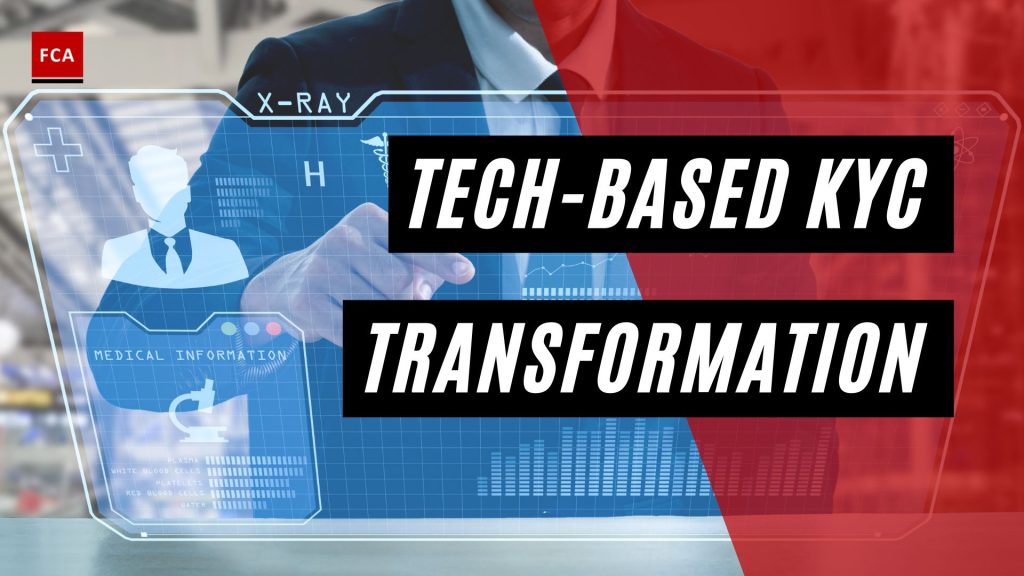Tech-based KYC transformation is revolutionizing the financial industry by streamlining customer onboarding processes and enhancing security measures.
With the automation and use of technology, banking institutions may ensure client profiles are updated automatically and in real-time, allowing for the continuous monitoring of money laundering risks.
Through the use of API integrations with third-party service providers for entity data, screening, and AML transaction monitoring systems, financial institutions can automate and streamline their KYC events and detect and react to changes in customer data as they arise, while capturing new sanctions, PEP, and adverse media alerts.
An automated system may decrypt and triage the materiality of red-alert or trigger events to straight through process low-to-medium risk cases, requiring analysts to just focus on higher-risk cases that require human intervention.
Financial institutions are overly reliant on manual processes to satisfy KYC regulatory requirements. As innovation reaches into KYC operations, the survey shows that investment in headcount is beginning to plateau, while investment in technology ramps up.
The business case for the technology is clear.

Tech-Based KYC Transformation
A KYC process comprises a set of discrete tasks such as asking the KYC questions, collecting user documents, validating data, identification of ownership structure, performing AML checks, etc. Around 2% of the institutions have reached a point where less than 10% of their KYC review activities are completed manually. Other institutions have a long way to go.
This pivot towards automation to improve the accuracy and quality of KYC reviews reflects concerns about the sustainability of adding human resources to carry out manual tasks in a high-volume environment. Increasing payroll without investing in the appropriate tools is not a viable route to effective compliance.
For these goals to be achieved, a greater degree of integration and standardization is needed. The ideal solution is a unifying Client Lifecycle Management (CLM) platform connected to an ecosystem of internal systems, data providers, vendor solutions, and customer channels.
As regulation evolves unabated and scrutiny from the regulators increases worldwide, financial institutions will always be required to know who their customers are and to periodically review and refresh the information they hold on their customers throughout their lifecycle.
Our research shows that despite advancements in technology, financial institutions are faced with huge challenges in automating processes and procedures for the onboarding and maintenance of clients for KYC compliance.
Adopting technology to install automation into the entire KYC process end-to-end will streamline and accelerate time to onboard, while ensuring client risk profiles are automatically kept up-to-date and in real-time.
For periodic reviews, automation can straight process low-risk clients, so that KYC analysts can adopt a risk-based approach and focus efforts on higher-risk cases. On a business level, an automated KYC process will reduce operational and regulatory risk, and significantly increase efficiency gains, while enhancing the customer and employee experience.

Final Thoughts
In the evolving landscape of banking and financial regulations, institutions are recognizing the undeniable advantages of automation for KYC processes. With technology enabling real-time updates of client profiles and integrating seamlessly with third-party service providers, a more efficient and proactive approach to monitoring money laundering risks is emerging. As institutions strive for streamlined KYC events and timely reactions to customer data changes, automation is reducing the heavy reliance on manual tasks.
Despite the evident progress, a significant portion of institutions still grapple with integrating these advancements into their operations. The future of KYC compliance hinges on adopting an end-to-end automated system that not only enhances operational efficiency but also elevates both customer and employee experiences, ensuring rigorous compliance without compromising on agility.








